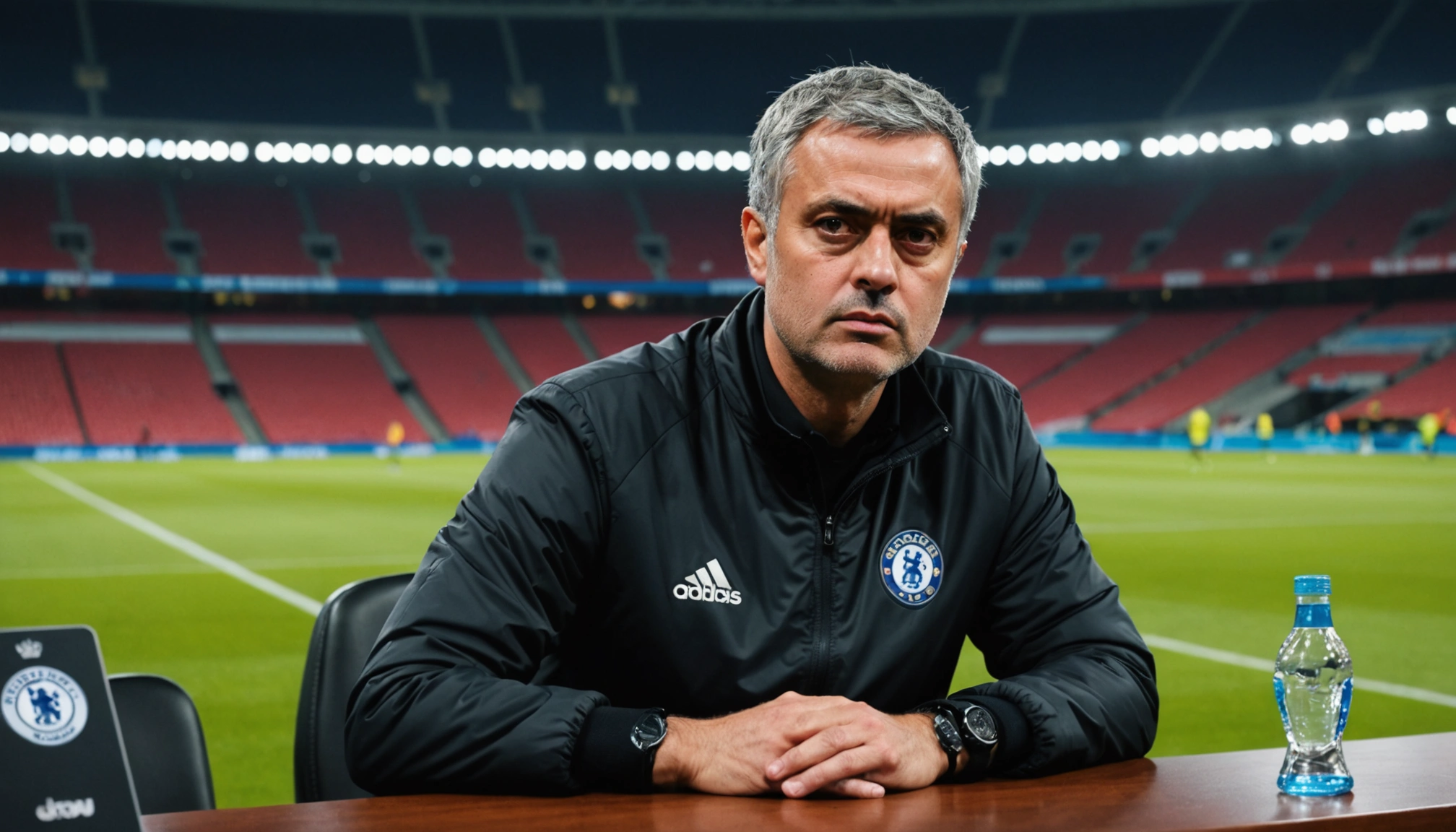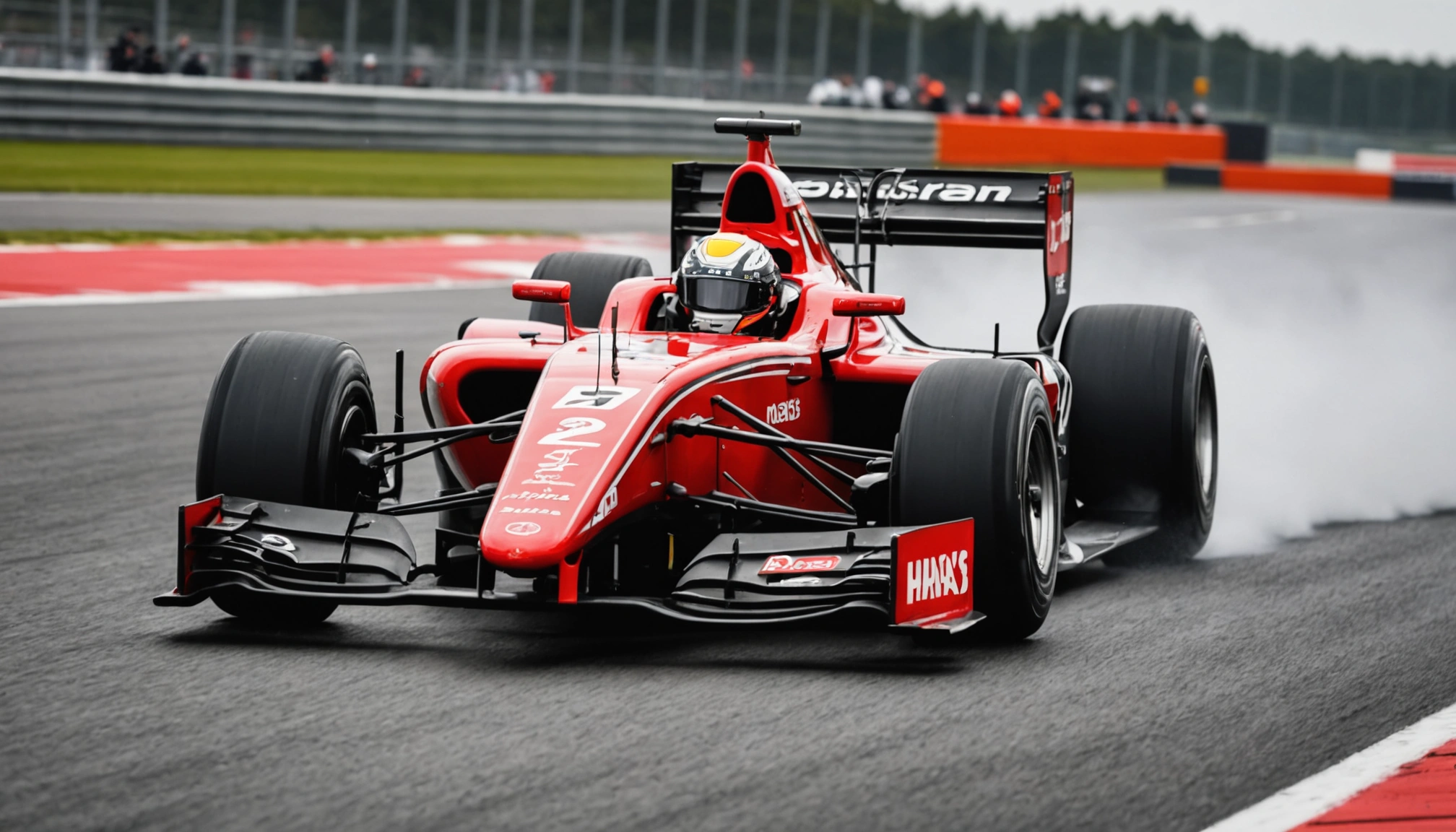Mourinho’s legal battle with Galatasaray shakes Turkish football
Jose Mourinho sues Galatasaray for defamation after racist allegations during Istanbul derby. Explore the details of the case and its impact on Turkish football.

By Editorial
Introduction to Mourinho’s lawsuit against Galatasaray
In a dramatic turn of events within Turkish football, Jose Mourinho, currently managing Fenerbahce, has taken legal action against Galatasaray following accusations of racist remarks made after the latest Istanbul derby. The lawsuit, filed for a symbolic 1,907,000 Turkish Lira (around £41,000), highlights the escalating tensions between two of Turkey’s biggest football clubs and raises important questions about sportsmanship, media portrayal, and cultural sensitivity in football.
What sparked the controversy during the Istanbul derby?
The controversy ignited immediately after the fiercely contested 0-0 draw between Fenerbahce and Galatasaray. Mourinho, addressing the media, criticised the behaviour of the Galatasaray bench, describing it as “jumping like monkeys.” This phrase, widely regarded as racially insensitive, sparked outrage and accusations from Galatasaray and their fans.
Additionally, Mourinho criticised the standard of Turkish refereeing, suggesting that the match would have descended into chaos had a Turkish official been in charge. Specifically, he mentioned that a Turkish referee would have issued yellow cards quickly and forced substitutions early in the game. The match itself was refereed by Slovenian Slavko Vincic, following both clubs’ request for a foreign official to avoid bias.
Details of the lawsuit and Fenerbahce’s response
Fenerbahce has firmly stood by Mourinho, publicly stating that his comments were “completely taken out of context.” Through their legal team, they filed a lawsuit against Galatasaray for defamation and an attack on Mourinho’s personal rights.
The chosen compensation amount, 1,907,000 Turkish Lira, is symbolic as it references the founding year of Fenerbahce Sports Club, 1907. This move underscores the club’s commitment to defend their manager and the integrity of their institution.
The Turkish Football Federation’s disciplinary actions
Despite Fenerbahce’s defence, the Turkish Football Federation (TFF) has acted decisively. On Thursday, Mourinho was handed a four-match ban and fined approximately £35,194. The TFF cited two main reasons for this punishment:
- Derogatory and offensive statements directed at the Turkish referee.
- Accusations of chaos and disorder in Turkish football, deemed insulting to the Turkish football community and referees.
The TFF emphasised that Mourinho’s expressions were against the ethics of sport and fair play. They also warned that such language could incite violence and social division among fans, underlining the responsibility public figures hold in promoting unity.
How does this impact Turkish football culture?
This incident sheds light on ongoing challenges within Turkish football, including intense rivalries and the scrutiny of refereeing standards. Mourinho’s comments and the subsequent fallout illustrate the fine line managers and players walk in high-stakes matches.
It also raises awareness about cultural sensitivity in football language. Even seasoned managers like Mourinho can face backlash when metaphorical expressions are perceived as offensive, especially in a context charged with historical and social sensitivities.
Comparisons with other football controversies
Similar incidents have occurred globally, where managers’ comments have stirred public debate. For example, the backlash over Crystal Palace scouts’ remarks on South Asian stereotypes shows how football communities are increasingly intolerant of discriminatory language.
The role of refereeing in Turkish football disputes
Mourinho’s criticism of Turkish referees, though controversial, highlights a persistent narrative among some foreign coaches and players who view officiating as inconsistent or partial. This perception fuels demand for foreign referees in crucial matches, as was the case with the Istanbul derby.
However, the TFF’s firm stance on protecting their referees signals a move to preserve the authority and respect of domestic officials. This balance is critical to maintain the sport’s integrity and public confidence.
Broader implications for Mourinho’s career and Fenerbahce
This legal dispute and disciplinary action place Mourinho under significant pressure during his tenure at Fenerbahce. While he is known for his outspoken style, these events could impact his reputation and relationship with the Turkish football community.
Nonetheless, Mourinho’s willingness to defend himself legally indicates a determination to protect his personal brand and managerial authority. Fans and analysts will be watching closely as this saga unfolds, with potential consequences for Mourinho’s future in Turkey and beyond.
Conclusion: Lessons from the Mourinho-Galatasaray conflict
The Mourinho lawsuit against Galatasaray is a pivotal moment reflecting the complex interplay of rivalry, cultural sensitivity, and professionalism in football. It reminds stakeholders—from players and managers to fans and governing bodies—of the power of words and the importance of respecting diversity within the beautiful game.
For those interested in the wider football landscape, a comprehensive guide to UK and Ireland football leagues and cups offers valuable context on how football cultures differ across regions and the challenges each faces.
Ultimately, the resolution of this case could set important precedents for managing conflict and promoting respect in football worldwide.
Related topics
Editorial
Sports expert at SportsScoop
Specialist in sports analysis and journalism
Related articles
Want to read more?
Explore our comprehensive collection of sports articles and analysis, or contact us for more information.



